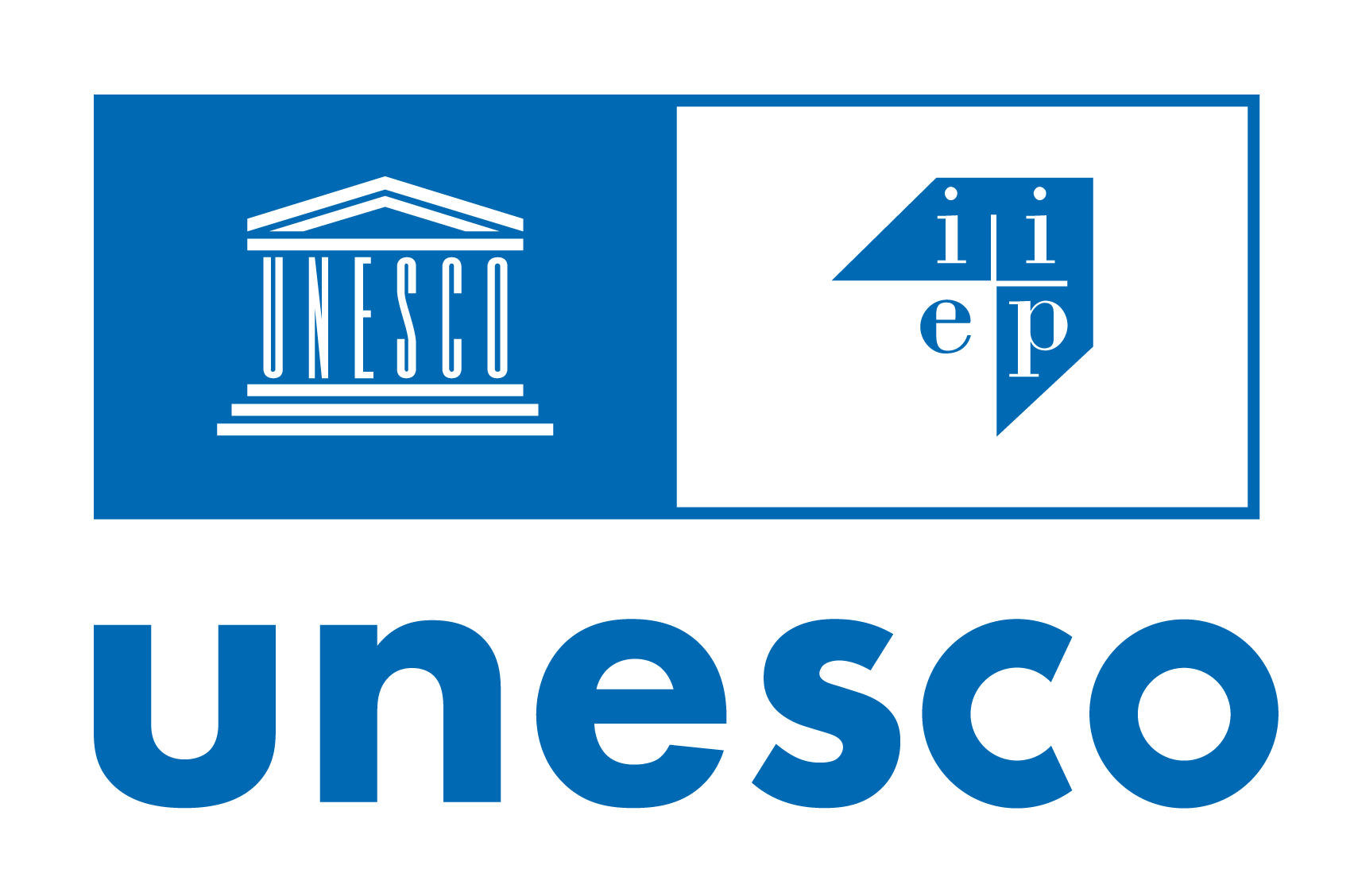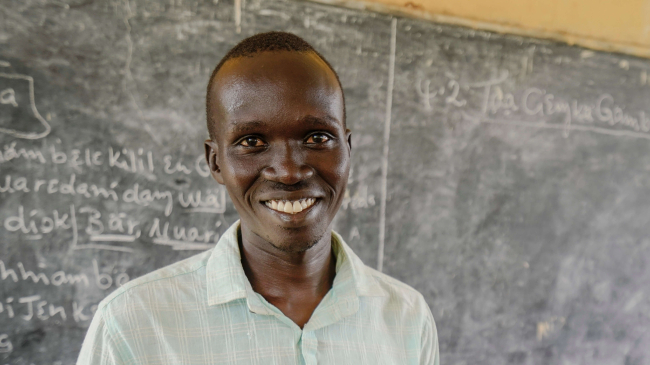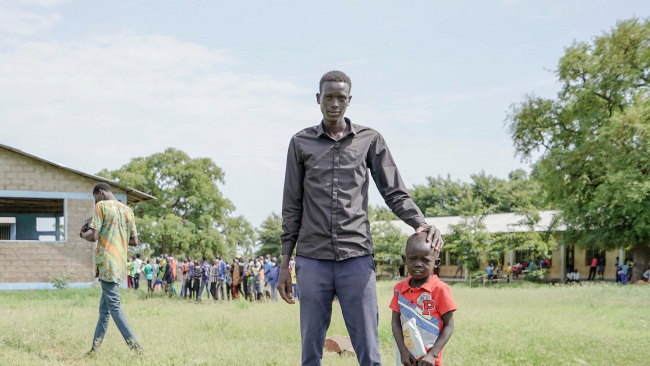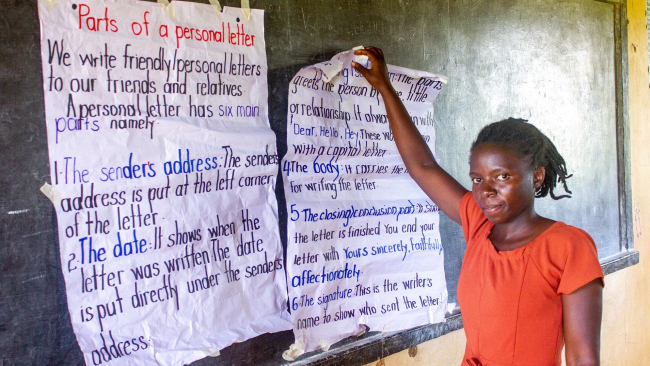This paper explores the impact of global policy shifts toward ‘national integration’ on schooling for refugee youth in Kenya. Based on interviews and classroom observations in Kakuma Refugee Camp, the authors theorize that integration manifests in a multidirectional, hierarchical manner as few refugees integrate up into government schools, while most integrate down into segregated camp schools. It is examined how youth interpret and navigate these oppositional paths, imbued with assumptions about quality and status. It is argued that global policy can foster structures for physical integration; however, social integration, integrally connected to protection and opportunity, depends on local strategies and practices, encompassing formal decisions about adapting policy, as well as embedded beliefs about the purposes of educating refugees and their long-term inclusion in host societies. This study responds to calls for deeper sociological attention to education and global migration, as states expand educational opportunities for refugee populations while negotiating educational rights amongst citizens.
Year
2018
Pages
222-238
Periodical
British Journal of Sociology of Education, 40, 2
Countries
Resource Types
Languages





